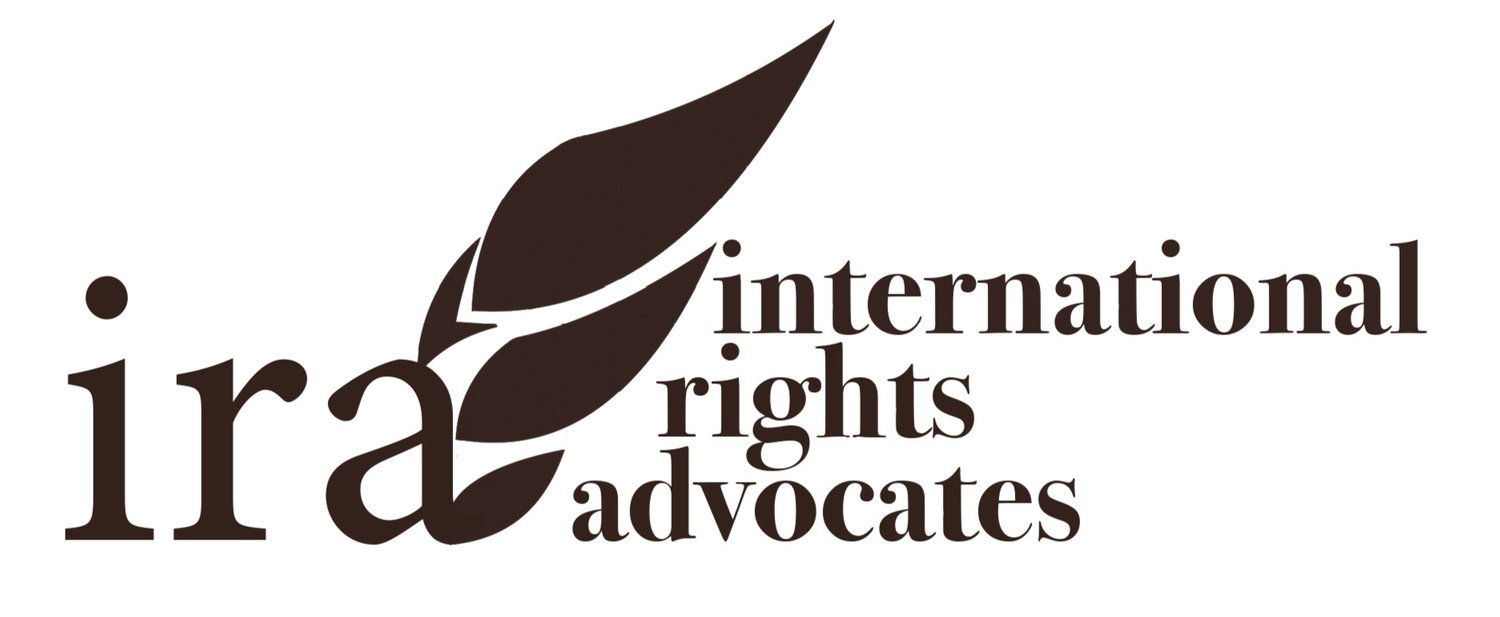"Sustaibale" Nestle Cocoa Made With Child Slavery, Suit Says
By Emily Field
Law360 (April 22, 2019, 8:46 PM EDT) -- A proposed class action filed Friday in California federal
court claims that child slaves on West African farms harvest cocoa for Nestle, even though it labels its
products as "sustainably sourced."
The world's largest food company has known for more than a decade that its supply chain is tainted
with child labor, but its use of seals claiming that its cocoa is sustainably sourced sways consumers
into believing that its products follow socially and environmentally responsible standards, according
to named plaintiff Renee Walker.
"For years, Nestle has reaped the benefit of affirmatively mislabeling products as sustainable and
helpful to farmers when, in fact, they source their cocoa from farms that cause environmental
devastation and use child slave labor," Helen I. Zeldes of Coast Law Group, an attorney for Walker,
told Law360 on Monday. "We look forward to litigating this important consumer case on behalf of our
client and the putative class."
A Massachusetts federal judge in January dismissed a similar suit alleging Nestle USA Inc. failed to
disclose that its chocolate may have been made with slave and child labor, finding the plaintiff in that
case didn't state a claim under Massachusetts law.
Nestle is also pushing the Ninth Circuit for a full-court rehearing of its decision to revive a
proposed class action accusing it of aiding and abetting child slavery.
A Nestle spokesperson told Law360 on Monday that it has prevailed in similar suits and the company
is confident this one will also be decided in its favor.
"Forced child labor is unacceptable and has no place in our supply chain. We have explicit policies
against it and are working with other stakeholders to combat this global social problem," the
spokesperson said. "Regrettably, in bringing such lawsuits, the plaintiffs' class action lawyers are
targeting the very organizations trying to fight forced labor."
Walker, who lives in San Diego County and has purchased Nestle products, alleges in her suit that the
company violated California's unfair competition law. She seeks to represent a nationwide class of
consumers who bought Nestle products marked with "sustainably sourced" and "Nestle Cocoa Plan"
statements since April 2015.
In 2009, Nestle launched its "Cocoa Plan" to eliminate child labor and help improve farmers' lives in
the Ivory Coast, but child labor has actually increased since then, according to the suit.
The plan relies on a community-based monitoring system to identify child labor, but independent
monitoring by the Fair Labor Association confirms that farms certified under the system continue to
use child laborers and that their numbers rose from 2016 to 2017, Walker claims.
A 2015 study by Tulane University also found that the number of Ivoirian children working on cocoa
plantations increased from 2009 to 2014, according to the suit.
During the 2013-14 harvest season, about 1,200,000 children ages 5 to 17 were working on Ivoirian
cocoa farms, nearly all of them doing hazardous work, the suit said.
"The work children engage in on the cocoa farms includes burning and clearing fields, cutting down
trees to expand cocoa plantations, spraying pesticides, using sharp tools to break pods and
transporting heavy loads of cocoa pods and water," Walker says.
Overproduction in the Ivory Coast has also contributed to mass deforestation, according to the suit;
half of the country in 1960 was covered in rainforest, but the rainforest has declined from 16 million
hectares to less than 2 million in 2010, Walker says.
About 40% of the country's cocoa harvest comes from protected areas, and many of its national
parks have been cleared of forest and replaced with cocoa growing operations, Walker claims.
"In addition to mass deforestation, the current known and common practices around cocoa farming
are not sustainable," Walker says. "There is excessive use of fertilizers and pesticides and a loss of
biodiversity. Chemicals pollute waterways, killing wildlife and harming communities."
Walker is represented by Helen I. Zeldes, Amy C. Johnsgard and Ben Travis of Coast Law Group LLP,
Paul L. Hoffman, Catherine Sweetser and John C. Washington of Schonbrun Seplow Harris & Hoffman
LLP, Michael R. Reese, George V. Granade and Carlos F. Ramirez of Reese LLP and Terrence
Collingsworth of International Rights Advocates.
Counsel information for Nestle was not immediately available on Monday.
The case is Walker v. Nestle USA Inc. et al., case number 3:19-cv-00723, in the U.S. District Court
for the Southern District of California.
--Additional reporting by Tiffany Hu and Mike Curley. Editing by Alanna Weissman.
https://www.law360.com/environmental/articles/1151873/-sustainable-nestl...
Please see the attached complaint for more details.

